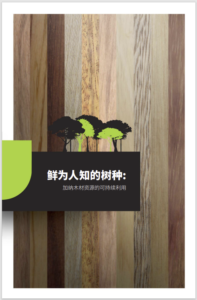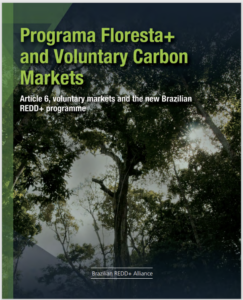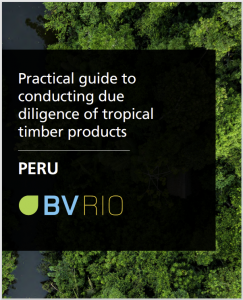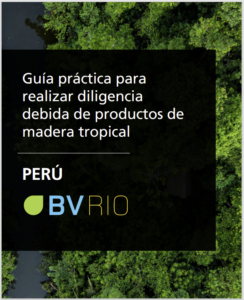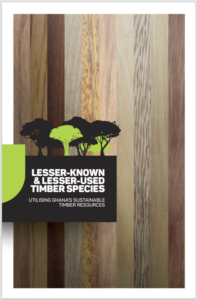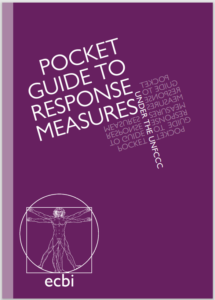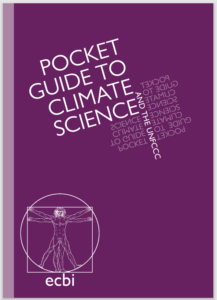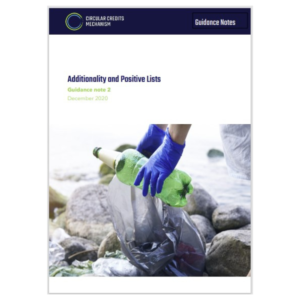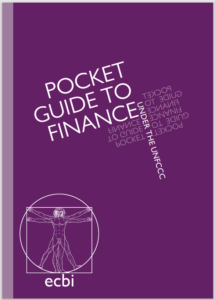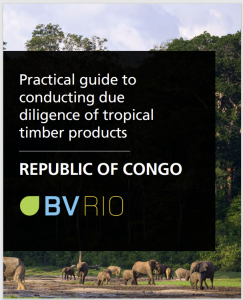
Practical Guide to Conducting Due Diligence of Tropical Timber Products – Republic of Congo
The objective of this practical guide is to summarise the main documents that need to be collected, and how to interpret them, in order to conduct due diligence of timber consignments to be imported from the Republic of Congo into the US and European markets. It also provides a summary of the main risks associated with timber legality that the due diligence must address, for the Republic of Congo.
The guide, initially published in January 2021, has been updated with information about the Open Timber Portal (OTP), a free online platform designed by the World Resources Institute. The goal of the OTP, as that of BVRio’s Due Diligence guides, is to incentivise legality in the timber sector, by facilitating access to information.
All information correct at the time of publishing
Download
